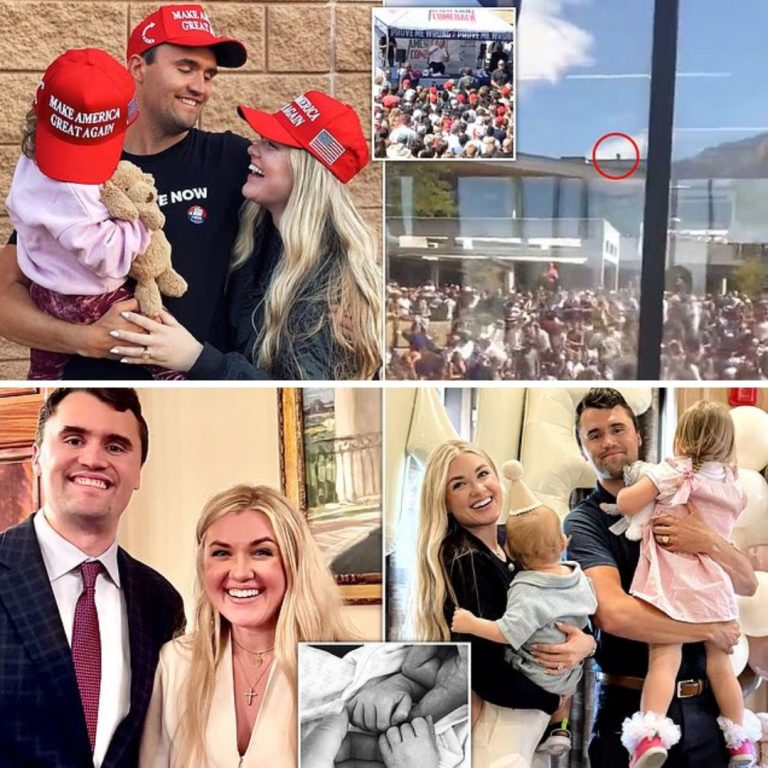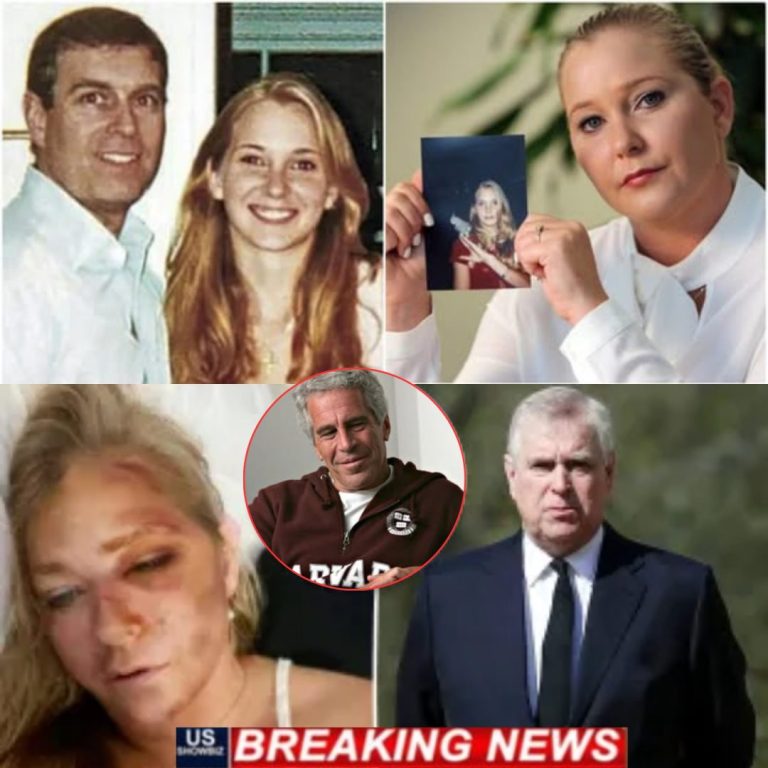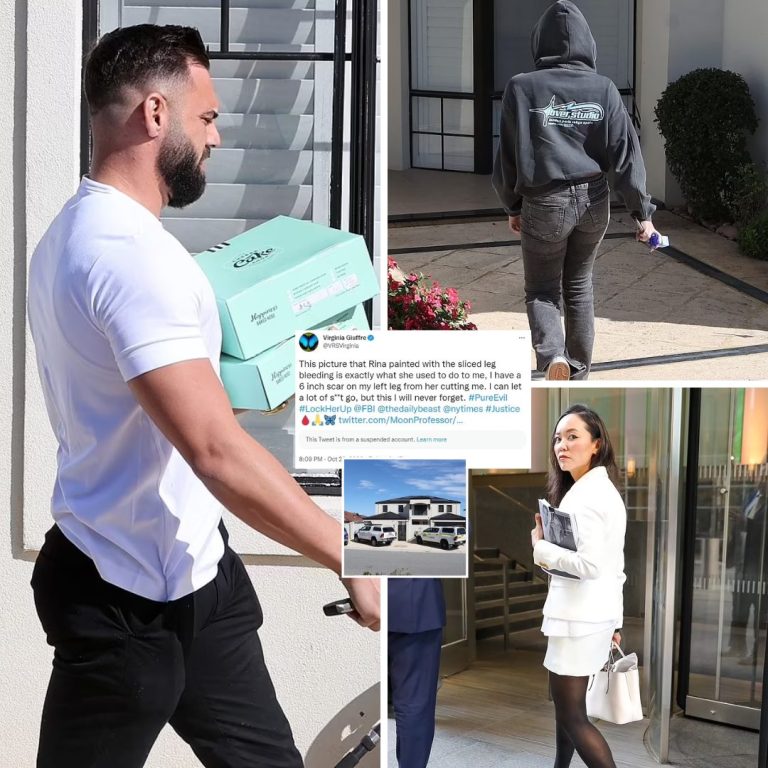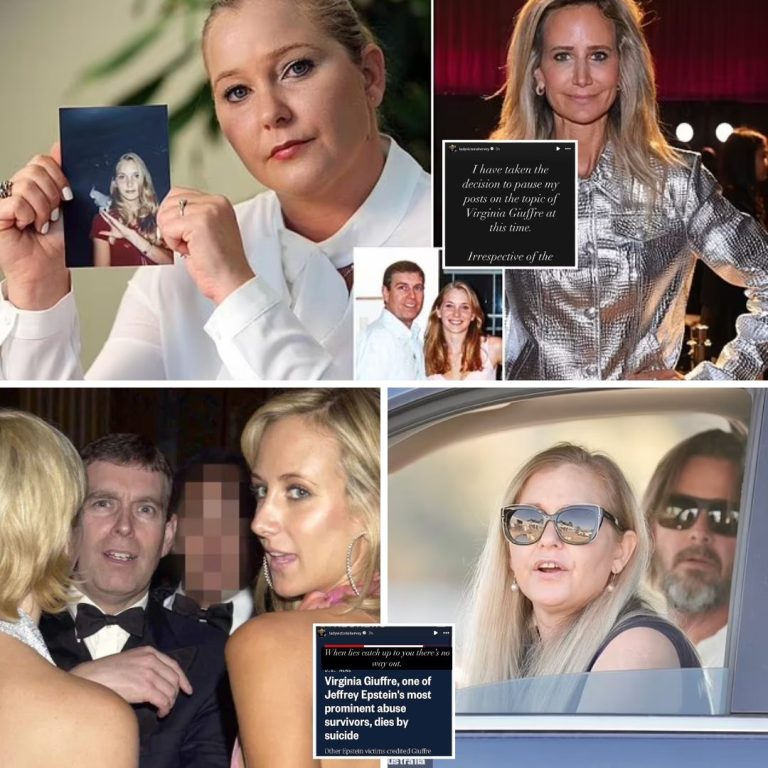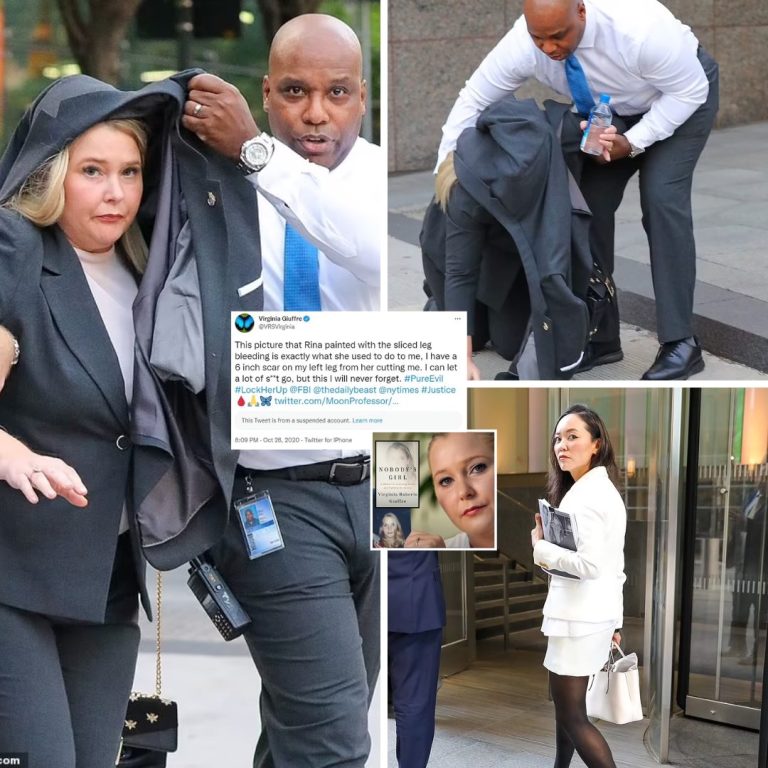Philadelphia is a city of myth and memory—a place where the ghosts of sports legends haunt the stadiums, and the roar of the crowd echoes through generations. Here, fandom is a birthright, loyalty a badge, and every mistake, every triumph, is magnified by the relentless gaze of a city that loves as fiercely as it judges.
It’s a city that booed Santa Claus, that cheered for Rocky, that forgave Allen Iverson and immortalized Brian Dawkins. But in the summer of 2025, Philadelphia’s unforgiving spotlight found a new target: Karen Doyle, a lifelong fan whose split-second decision at Citizens Bank Park would make her infamous as “Phillies Karen”—and ultimately see her banned from Lincoln Financial Field by Eagles CEO Jeffrey Lurie.
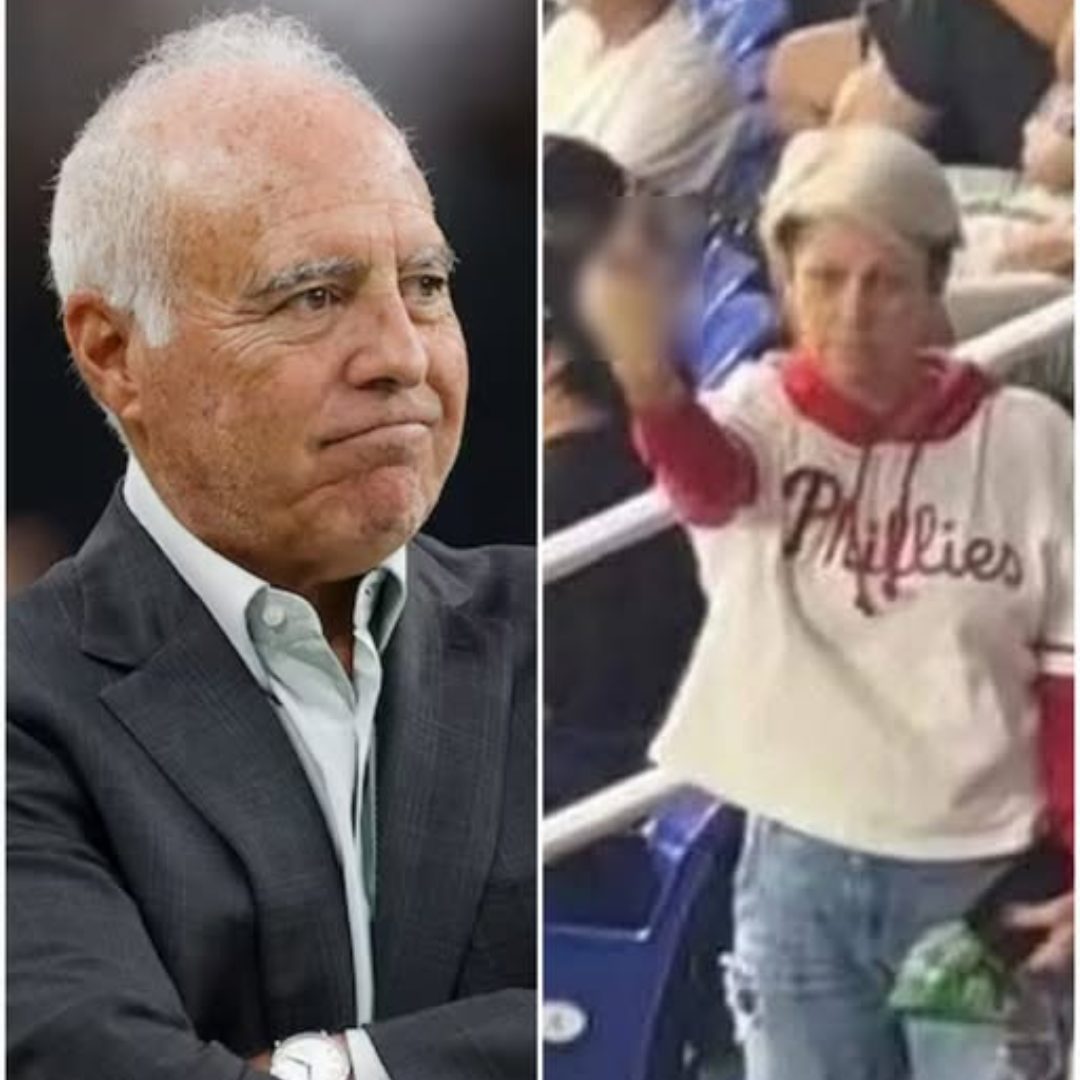
This is the story of how a single moment can define a life, how a city wrestles with forgiveness, and how the age of outrage threatens to reshape not just sports, but the fabric of community itself.
It was supposed to be a perfect afternoon. The Phillies were playing in front of a packed house, the air electric with possibility. Karen Doyle, a mother of two and a devoted sports fan, had brought her family to the game—a ritual that, for years, had been their way of connecting, escaping, believing.
She’d grown up in South Philly, her father a diehard Eagles fan, her mother a regular at Phillies games. Sports were in her blood, as much a part of her identity as the city itself. She taught her kids the language of the game—the importance of hustle, the heartbreak of defeat, the joy of catching a foul ball.
That day, they sat along the first-base line, close enough to smell the grass, to feel the pulse of the crowd. In the seventh inning, Harrison Bader, visiting outfielder, sent a home run soaring into the stands. The ball arced high, a white blur against the blue sky, and landed near a young boy, his face lit with hope.

In a moment that would be replayed millions of times, Karen reached out, snatching the ball before the boy could grasp it. The crowd gasped. The cameras caught everything. Within hours, the video was everywhere—on sports networks, Twitter feeds, Instagram stories. The hashtags #PhilliesKaren and #BallSnatcher trended worldwide.
For Karen, the nightmare had only just begun.
The internet is a machine built for outrage. It takes moments—often the worst ones—and magnifies them, strips them of context, turns them into symbols. For Karen Doyle, the transformation from anonymous fan to viral villain was swift and merciless.
Within 24 hours, her name was everywhere. Strangers dissected her actions, mocked her appearance, questioned her character. Memes proliferated, some cruel, some darkly funny. Late-night hosts made her the punchline. Sports radio debated her motives. The city she loved now seemed to turn against her.
Her children faced taunts at school. Her husband fielded awkward questions at work. Karen herself became a recluse, afraid to leave her house, unable to escape the tidal wave of judgment.
“I felt hunted,” she would later say. “Like I was living in a fishbowl, and everyone was waiting for me to crack.”
She tried to apologize. She posted a video, her voice trembling, her words raw: “If I could choose again, I would never do that. I wish I could take it back. But it’s too late.”
Some viewers saw sincerity. Others saw manipulation. The debate raged on, but the damage was done. Karen Doyle was now “Phillies Karen”—a symbol of selfishness, a cautionary tale for a city that prided itself on sportsmanship.
Months passed, but the controversy refused to fade. The Phillies quietly banned Karen from Citizens Bank Park, citing the need to “protect the fan experience.” The move was unprecedented, but it barely made a dent in the public outrage.
Then, in early September, the story took a dramatic turn. Jeffrey Lurie, CEO and owner of the Philadelphia Eagles, announced that Karen Doyle was banned from Lincoln Financial Field—home of the Eagles, the city’s most sacred sporting ground.
The decision sent shockwaves through Philadelphia. For many, it was a necessary step—a way to protect the culture of the Eagles, to send a message about integrity and community standards. For others, it was an overreach, a punishment that far outweighed the crime.
A team spokesperson explained: “Lincoln Financial Field is a place for unity, for family, for the spirit of Philadelphia. We cannot condone behavior that undermines those values.”
Karen, devastated, saw the ban as the final blow. Football was her escape, her connection to her father, her children. To lose that was to lose a piece of herself.
“I’m not a bad person,” she insisted in a rare interview. “I made a mistake. But I’ve paid for it a thousand times over.”
To understand the saga of “Phillies Karen,” you have to understand Philadelphia—and, more broadly, the culture of American sports fandom.
This is a city that demands accountability, that expects its heroes—and its fans—to embody the values of grit, loyalty, and humility. But it’s also a city that can be unforgiving, that holds grudges, that turns mistakes into legend.
Sports psychologist Dr. Michael Brennan, a consultant for several MLB teams, sees the phenomenon as part of a larger cultural shift. “We’re living in an age where every moment is documented, shared, judged. The pressure to be perfect is overwhelming. When someone falls short—especially in a public way—the response is often disproportionate.”
Social media amplifies the effect. The anonymity of the internet makes it easy to pile on, to turn criticism into cruelty. In Karen’s case, the outrage was compounded by the symbolism of her act—a grown woman taking a ball from a child, in a city that prides itself on protecting its own.
“There’s a tribalism to sports,” Brennan says. “Fans see themselves as part of a community. When that community is threatened, even by a small act, the response can be fierce.”
But why ban her from the Eagles? For Lurie, the answer is simple: reputation. In an era where teams are brands, where every controversy can cost millions in sponsorship and goodwill, protecting the image of the Eagles is paramount.
“We have to draw a line,” says one team executive. “If we don’t, we risk losing what makes this place special.”
For Karen Doyle, the ban was more than a public shaming—it was a personal exile. She lost her job, her friends drifted away, her family struggled to cope with the constant attention.
Her children, once proud of their mother’s passion for sports, now saw her as a cautionary tale. Her husband, her rock, grew distant, unable to reconcile the woman he loved with the stranger in the viral video.
Karen tried to rebuild. She attended therapy, volunteered at a local shelter, reached out to the boy whose ball she’d taken. The family declined to meet, but the act of writing a letter—of putting her regret into words—was cathartic.
She found work at a nonprofit, coordinating food drives and housing initiatives. The job paid less, but it mattered more. For the first time in years, Karen felt she was making a difference.
But the scars remained. She avoided crowds, skipped family gatherings, watched games from home. The city that once felt like home now seemed hostile, alien.
“I wonder if I’ll ever belong again,” she confided to a friend. “Or if I’m just a ghost in my own story.”
For the Eagles, the ban was a calculated risk. Jeffrey Lurie, known for his philanthropy and commitment to social justice, saw it as a way to set a standard—a message that the team was bigger than any one fan, that the culture of the Eagles was sacred.
“We want Lincoln Financial Field to be a place of unity,” Lurie said at a press conference. “A place where families feel safe, where fans respect each other. That means holding ourselves—and each other—to a higher standard.”
The decision was not without controversy. Some argued that the punishment was excessive, that it set a dangerous precedent for policing fan behavior. Others saw it as necessary, a way to protect the reputation of the team and the experience of its fans.
Legal experts weighed in, noting that private organizations have wide latitude to exclude individuals for any reason, so long as it does not violate anti-discrimination laws. Karen’s legal team considered challenging the ban, but ultimately decided against it.
For Lurie, the move was about more than just one person—it was about the future of the Eagles, and the city they represent.
Philadelphia is a city that remembers. It remembers the glory of championships, the heartbreak of defeat, the legends who defined its teams. It also remembers its villains—those who crossed the line, who betrayed the trust of the community.
The saga of “Phillies Karen” divided the city. Some saw her as a scapegoat, a victim of viral outrage. Others saw her as a symbol of everything wrong with modern fandom—a cautionary tale about entitlement and selfishness.
Sports radio hosts debated the ban for weeks. “Is this about setting an example, or is it just piling on?” asked one. “We’re Philly—we boo Santa Claus, but we also believe in second chances.”
On social media, the reactions were polarized. “Good riddance!” posted one fan. “She doesn’t represent us.” Others were more sympathetic: “She made a mistake. Let her move on.”
For Karen, the debate was academic. Her life had changed irrevocably. She was no longer welcome at the stadiums that once felt like home. Her children, once eager to wear Eagles green, now watched games from their living room.
But in the quiet moments, Karen found a kind of peace. She learned to forgive herself, to seek redemption not from the city, but from her family, her friends, herself.
“We all mess up,” she told her children. “What matters is what we do next.”
The story of “Phillies Karen” is about more than just one fan, one ball, one ban. It’s about the way we live now—the relentless scrutiny, the pressure to be perfect, the danger of turning mistakes into moral failures.
In the age of viral outrage, every moment is a potential scandal. Every fan is a potential villain. The line between accountability and cruelty has blurred, leaving cities like Philadelphia to grapple with new questions about forgiveness, judgment, and belonging.
For sports teams, the stakes are higher than ever. Reputation is currency, culture is brand, and every controversy threatens to undermine the delicate balance between passion and civility.
For fans, the challenge is to remember that sports are supposed to unite, not divide. That the spirit of the game is found not in perfection, but in resilience, in grace, in the willingness to forgive.
As the Eagles prepare for another season, the city moves on. New heroes will rise, new controversies will flare. The story of “Phillies Karen” will fade, replaced by new legends, new cautionary tales.
But somewhere, in a quiet house in South Philly, Karen Doyle watches the games from her living room, her children by her side. She cheers for the Eagles, mourns their losses, celebrates their victories. She is, in her own way, still part of the city—still a fan, still hoping for redemption.
“If I could choose again, I would never do that,” she says. “But I can’t. All I can do is try to move forward.”
In the end, that’s all any of us can do.
